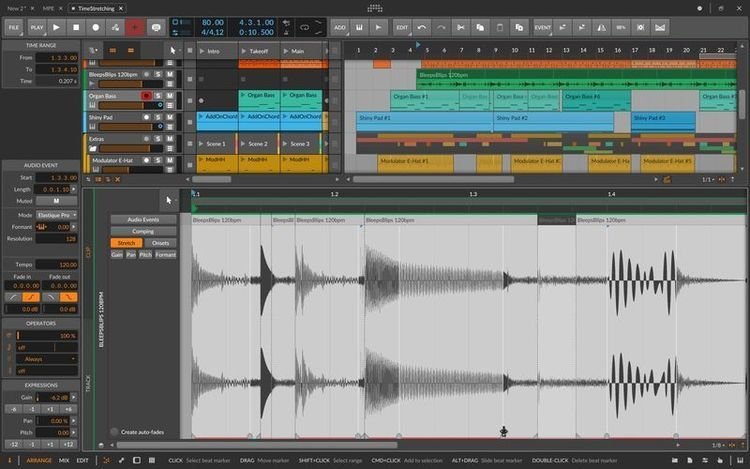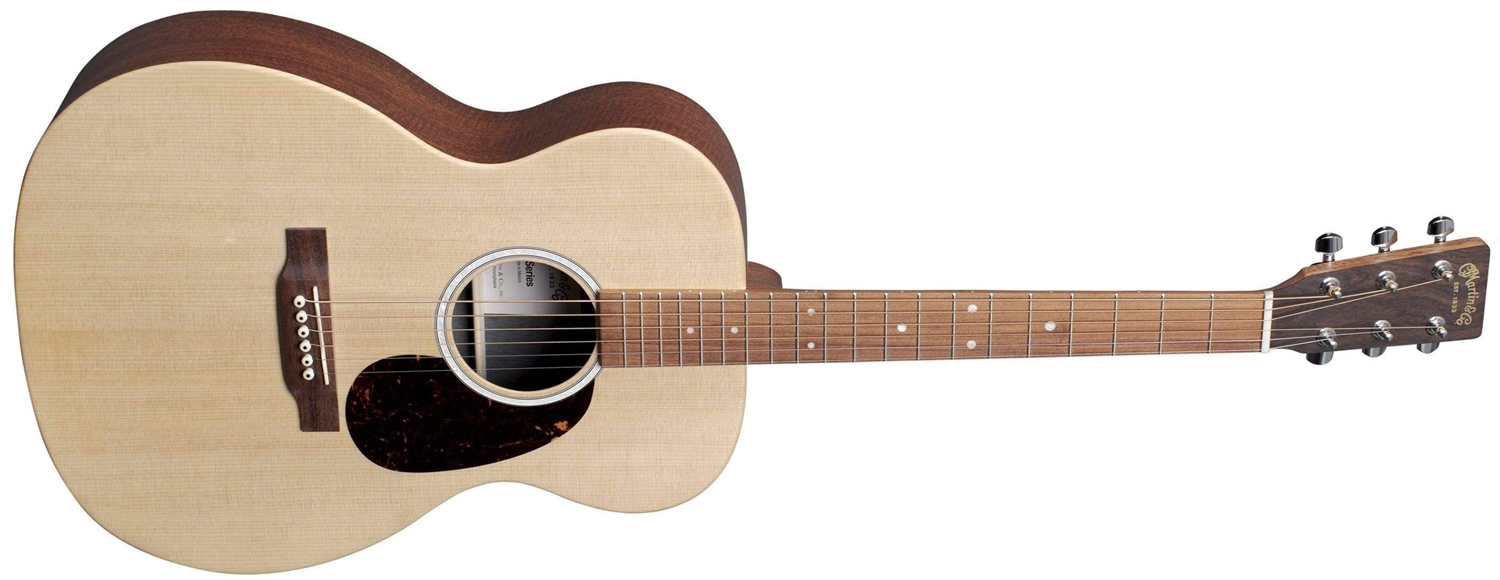


However, in this installment of the series, we are going to look at sync and master use licenses from the point of view of songwriters and artists who have not entered into any exclusive publishing or recording agreements. If that’s the case, as we explain below, the record company owns the copyright in the recordings, and pays royalties to the artist for both record sales and master use licenses.

If the same artist/songwriter enters into a standard recording contract, any recording that she records during the term of the agreement is usually a “work for hire” for the record company. But once that artist/songwriter enters into a music publishing agreement, she generally transfers the copyright in her songs to the publisher, and the publisher pays her a royalty from the commercial exploitation of the songs including “syncs.” Indie artists/songwriters who record their own songs generally own the copyrights in their songs and masters. Copyright also protects “sound recordings,” that is, recordings of musical compositions. The copyright law protects “musical works” including songs and any accompanying words as well as orchestral works, librettos and other musical compositions.
Studio sync music shelf license#
It is possible for a license to include both a grant of rights in a song and a master if the same person wrote the song and produced the master. Sync and master use licenses can make money for songwriters, and master use licenses can make money for recording artists. The term “master use” license is sometimes used to refer to the use of a music recording (sometimes referred to as a “master”) in an audiovisual work. Used in its strictest sense, a sync license refers to the use of a musical composition in an audiovisual work. “Sync” licenses are agreements for the use of music in audiovisual projects. Two Copyrights: “Sound Recordings and “Musical Works” (3) A fair, but not great, deal for a songwriter involving music in a made for TV movie. (2) A very favorable deal for a producer/songwriter involving music for a national commercial campaign. (1) MTV’s “Music Submission Form” – a terrible deal for any artist, songwriter or producer.
Studio sync music shelf how to#
If you get a similar deal, you will know what to look out for, how to make the deal fairer, and, if the company that wants to use your music won’t negotiate, how to decide if it’s still worth it: This installment also provides comprehensive comments on the following three licenses.


 0 kommentar(er)
0 kommentar(er)
